In a world where language is diverse and fascinating, one aspect that is particularly intriguing is the way different cultures and communities utilize and understand vowels and consonants. For Asian people, like us, the significance of vowels and consonants goes beyond mere phonetics; it is deeply rooted in our linguistic traditions and plays a crucial role in shaping the way we communicate.
Exploring the Beauty of Vowels and Consonants
Let’s begin our journey by delving into the complex yet fascinating world of vowels and consonants. One of the key elements of understanding these phonetic components is recognizing their distinctive sounds and how they interact with each other to create meaning.
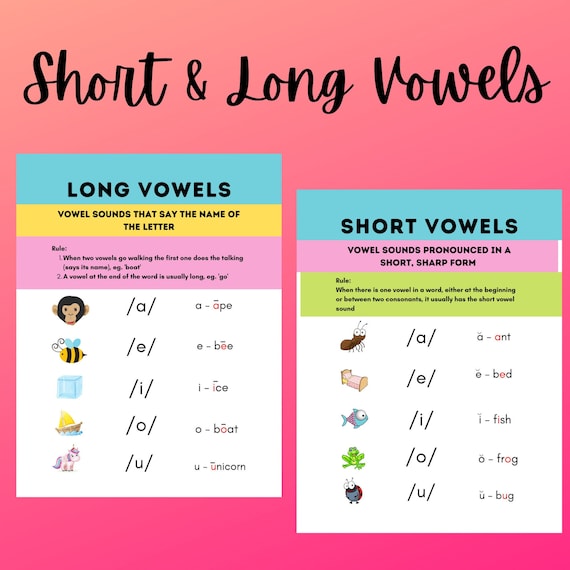 Long vowel sounds, such as “a,” “e,” “i,” “o,” and “u,” are particularly significant in Asian languages. These sounds are often elongated and pronounced with a melodious tone, adding depth and character to our speech.
Long vowel sounds, such as “a,” “e,” “i,” “o,” and “u,” are particularly significant in Asian languages. These sounds are often elongated and pronounced with a melodious tone, adding depth and character to our speech.
 Printable vowel charts, like the ones featured on printablee.com, serve as invaluable tools for Asian learners. These visually appealing charts help us grasp the different vowel sounds and their corresponding symbols, assisting in the development of language proficiency.
Printable vowel charts, like the ones featured on printablee.com, serve as invaluable tools for Asian learners. These visually appealing charts help us grasp the different vowel sounds and their corresponding symbols, assisting in the development of language proficiency.
 Another resource that Asian people find valuable is the collection of printable vowel charts available on platforms like Pinterest. These charts not only provide a visual reference for each vowel sound but also showcase digraphs and other phonetic combinations commonly used in Asian languages.
Another resource that Asian people find valuable is the collection of printable vowel charts available on platforms like Pinterest. These charts not only provide a visual reference for each vowel sound but also showcase digraphs and other phonetic combinations commonly used in Asian languages.
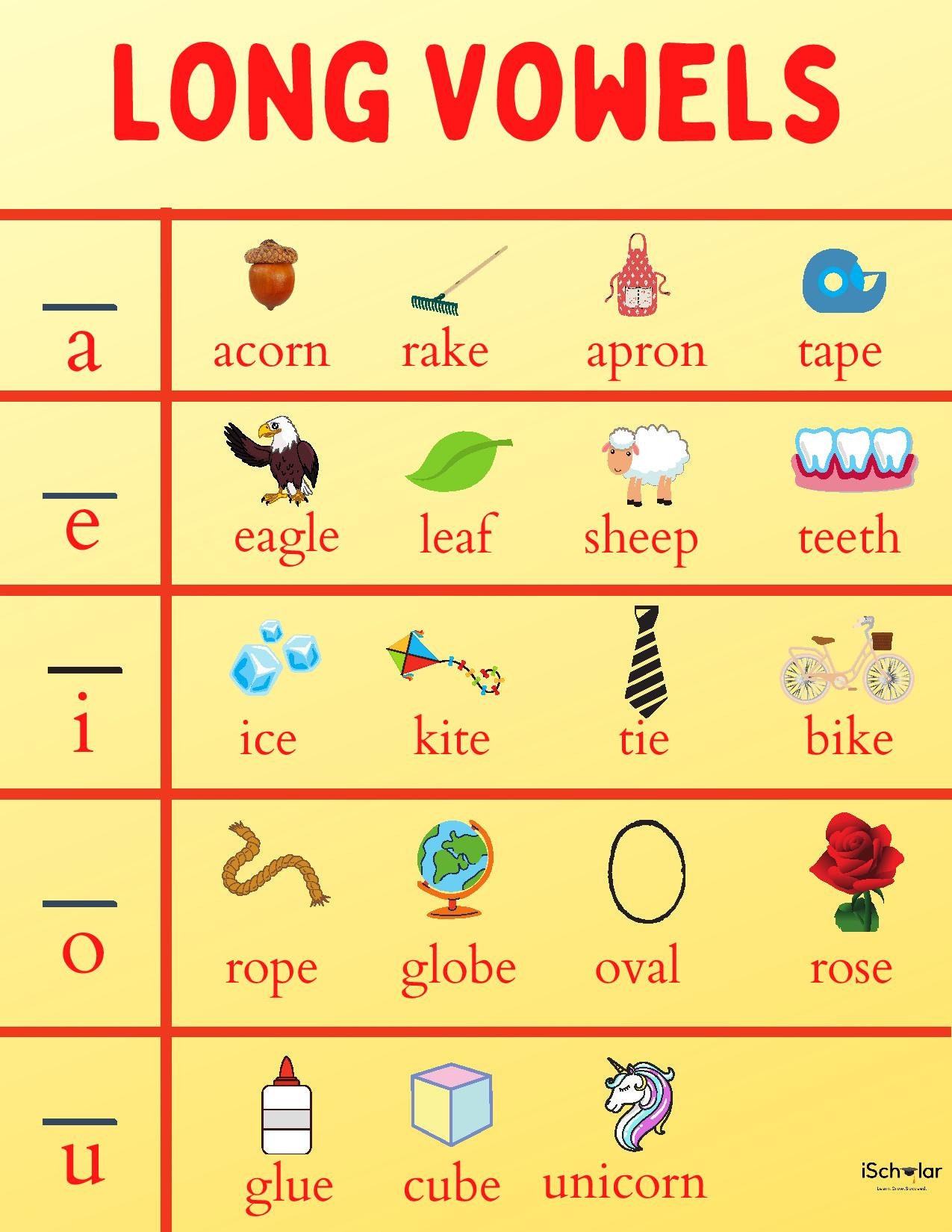 Etsy, a popular online marketplace, offers a variety of long vowel charts for Asian learners. These charts often come in artistic designs, making the learning experience more enjoyable and engaging.
Etsy, a popular online marketplace, offers a variety of long vowel charts for Asian learners. These charts often come in artistic designs, making the learning experience more enjoyable and engaging.
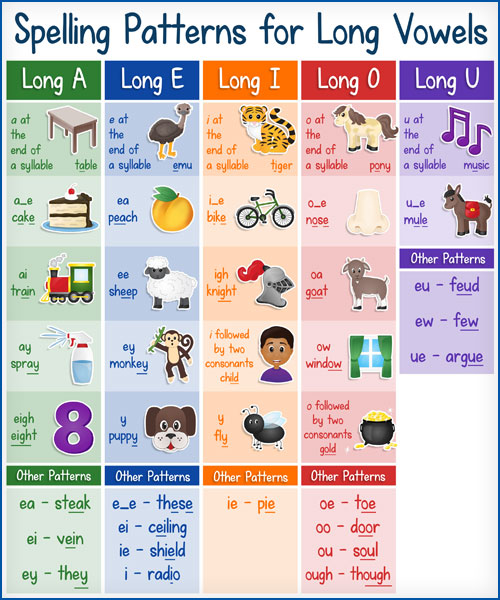 When it comes to long vowel sounds, understanding the spelling patterns is crucial. Free printable charts, such as the one provided by Motherhood on a Dime, offer an excellent resource for Asian children learning to recognize and utilize these patterns in their writing.
When it comes to long vowel sounds, understanding the spelling patterns is crucial. Free printable charts, such as the one provided by Motherhood on a Dime, offer an excellent resource for Asian children learning to recognize and utilize these patterns in their writing.
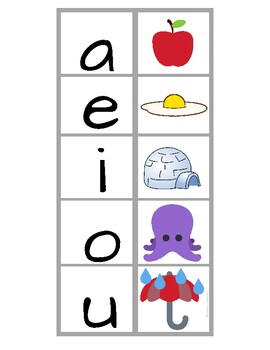 Short vowel sounds, although requiring less emphasis and time, are equally significant in Asian languages. The teachers’ community on platforms like Teachers Pay Teachers recognizes the importance of short vowel charts in facilitating language acquisition for Asian learners.
Short vowel sounds, although requiring less emphasis and time, are equally significant in Asian languages. The teachers’ community on platforms like Teachers Pay Teachers recognizes the importance of short vowel charts in facilitating language acquisition for Asian learners.
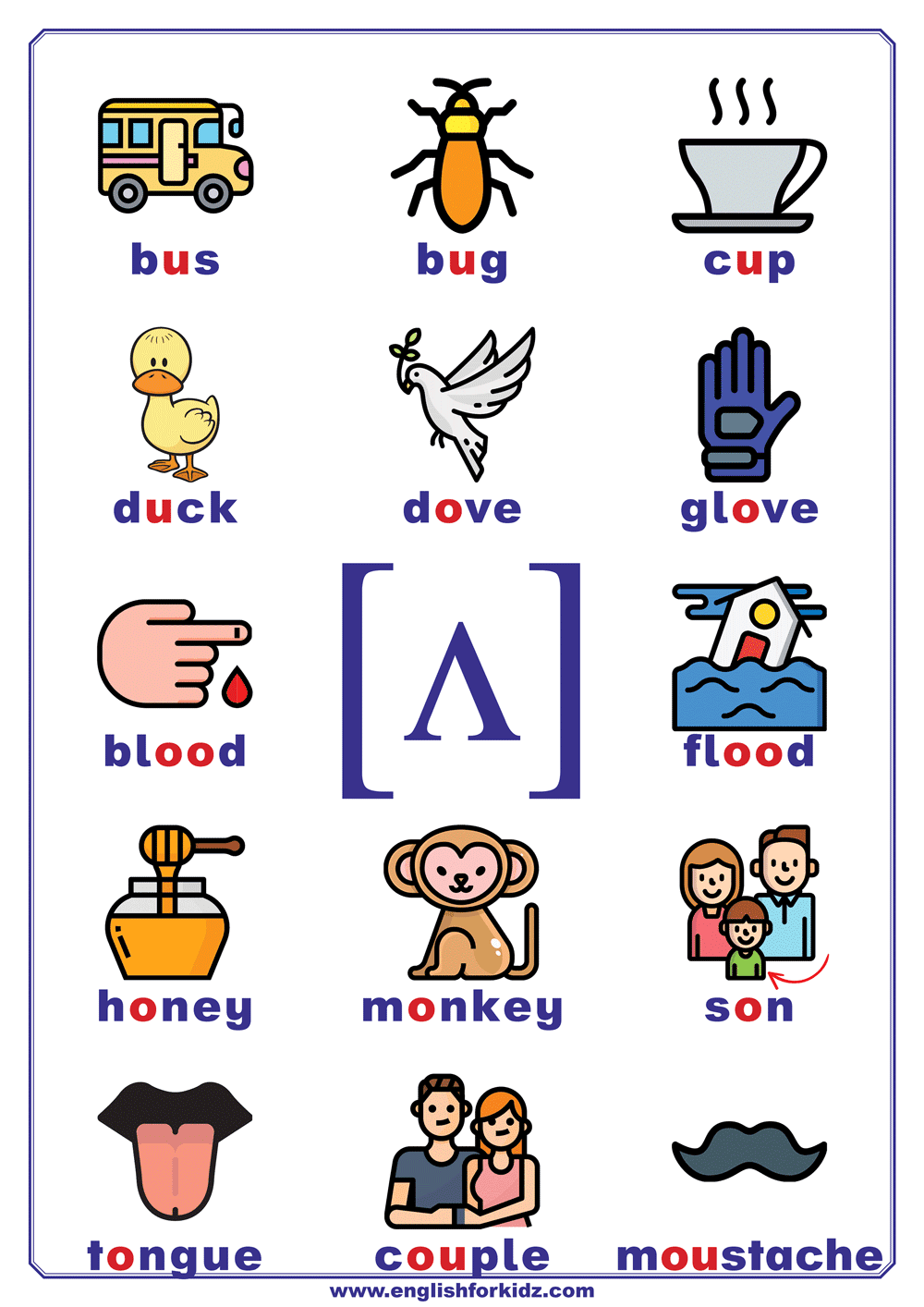 For Asian kids, learning phonics through captivating visual aids is highly effective. Websites like “English for Kids Step by Step” offer printable phonics charts that help young learners understand the relationship between vowels and their corresponding words.
For Asian kids, learning phonics through captivating visual aids is highly effective. Websites like “English for Kids Step by Step” offer printable phonics charts that help young learners understand the relationship between vowels and their corresponding words.
 Teaching short vowels to Asian students often involves incorporating interactive activities. The use of visually appealing materials, such as flashcards and colorful charts, aids in capturing the attention and imagination of young learners.
Teaching short vowels to Asian students often involves incorporating interactive activities. The use of visually appealing materials, such as flashcards and colorful charts, aids in capturing the attention and imagination of young learners.
 Lastly, the utilization of long vowel charts in phonics lessons for Asian kindergarten students serves as a vital foundation for language development. These charts introduce learners to the world of vowels, providing a comprehensive overview of the sounds and their corresponding words.
Lastly, the utilization of long vowel charts in phonics lessons for Asian kindergarten students serves as a vital foundation for language development. These charts introduce learners to the world of vowels, providing a comprehensive overview of the sounds and their corresponding words.
Overall, the significance of vowels and consonants in Asian languages cannot be understated. From long vowel sounds to short vowel patterns, understanding and effectively utilizing these phonetic elements enhance our ability to communicate and connect with others. So, let’s embrace the beauty and intricacy of vowels and consonants in Asian languages, celebrating the diverse ways in which we express ourselves.